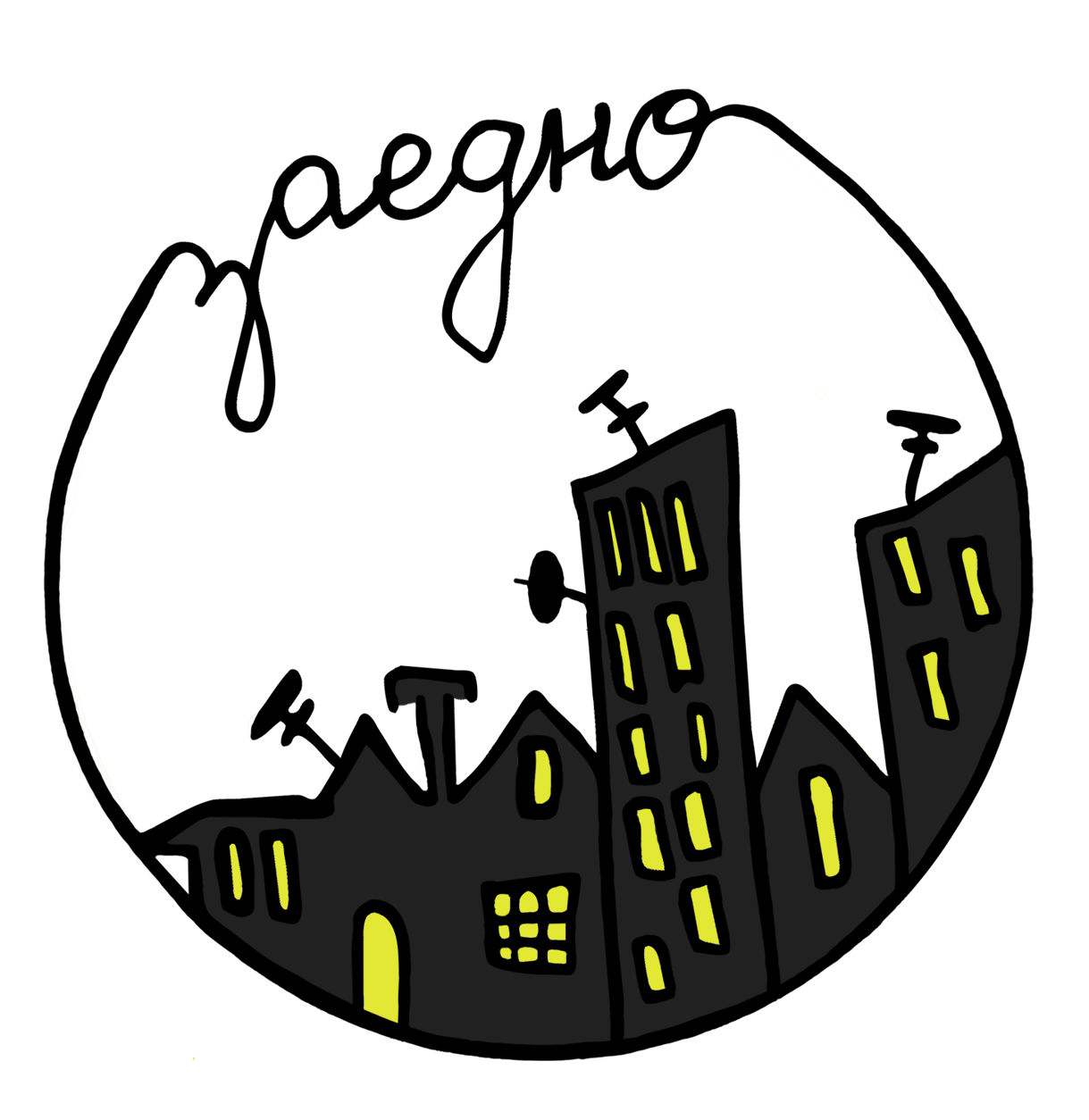Trakia Quarter: Novelty, Elegance, Luxury!
Modern, tall buildings, broad streets, young families. It had not been even five years since the creation of this new residential area in Plovdiv, when my grandma and grandpa got lucky some forty years ago:
“Unia was the first one to get a place there. Block of flats 42. I remember the moment when all of us, her colleagues from work, congregated in her sitting room. She did not even have furniture. We had biscuits with us and we were sitting on the newly fixed wall-to-wall carpet. We were laughing and we were happy for her. It was such a happy moment. I longed for us to have a flat there too. It was such a yearning I cannot begin to describe it! But we never seemed to manage an arrangement, your grandpa and me. At first it was flats for those “in dire need”, and then it became possible to buy. There were long queues in Ruski Boulevard. People were summoned there for the announcements of who was granted the favour of being offered a flat.
When your grandpa and I found out we were approved of for a flat in Trakia, it was bliss. Well, I don’t know how to give you a sense of it because, with the enormous joy I felt for Unia as a background for it, I was happy but could not show it. I remember your grandpa taking us with your aunt Sissa to see it, she was so pleased, made so many joyful remarks, and I kept silent. “Are you not pleased?” they asked me. “Well, I am pleased but I have no idea how to express it.”
It was in the spring. Before we could move in, your grandpa had booked us a holiday at the seaside. Ten days, what holiday; in my mind I kept reshuffling the sofa, the beds, everything really; how was I to arrange it… We were preoccupied with it. It was both a dream and a concern. But we were no exception. It was a huge excitement because for such a long time there was this huge housing crisis, fairly impossible to solve. Quite an ordeal. People had invested money, instalments for the flats, and were kept waiting for twenty, even for thirty years. But it is true that human memory is short. The category of being “in dire need” became a thing. And then housing development grew extremely rapidly and flats were offered in large numbers. First to those “in dire need” and then to the rest. People were happy to go there even though it was a new and remote residential area. As a matter of fact, your grandpa found it rather disagreeable at first. He kept coveting Karshiaka. In the evenings, after work, he would go there first to see his friends and his parents before coming back home.
Trakia was muddy to begin with. A lot of mud. Mud everywhere and the blocks of flats spring up one after another. We had bus number nine there. The driver would go at a snail’s pace and there was hardly space in there for all of us. This residential area was all too remote. I cannot even imagine how the bus conductor woman made her way in between the people. And if I happened to be seated through the journey, I would fall asleep. Kind of unpleasant falling asleep it was, for I could not keep my eyes open till I reached work but I was also frightened lest I should miss my stop.
Those cafes were not there yet, so we would gather in each other’s flats. This is how close we were. Unusual as a phenomenon, I guess, because all of us young people were thrown together most unexpectedly. We grew close real fast. Everyone was dealing with furniture and moving in. Small kids. In the beginning there were only kindergartens and nurseries; schools were built later, the one in our neighbourhood first and then the others, one by one. All of the families were younger than us. I was 36 and your grandpa was 38. I would gather the women at home. They had just got married and could not cook yet! We made soda bread, baked cakes, cooked various recipes. They would ask me things. Then we had fun feasts: we would cook, and dance, and chat. On Babinden (a traditional celebration of women practising midwifery) everyone would come to our place. Dochka (who lives on the sixth floor) then prophetically remarked, “Don’t we enjoy ourselves, but enjoy the company now because this time next year you won’t be able to bear the sight of one another”. She exaggerated a bit but it did not happen that fast. Gradually we exchanged invitations with everyone from the block of flats for coffees and dinners. Then a company of five or six families stood out and we went places together. We started organising excursions: we went to Kalofer and Biala Reka, did mountain trekking, visited numerous places. And we were fond of each other.
Then came political rallies. Democracy! We were over the moon with the idea of democracy. We jumped with the neighbours in the town square. Overwhelming joy it was. But it was exactly with the advent of democracy that the disagreements began. Imperceptibly, we started quarrelling at the general meetings. The central heating was the apple of discord. We could never figure out who was stealing heat from whom… and in the end we could not bear the sight of one another. However, our company of five or six families did not fall out.”
